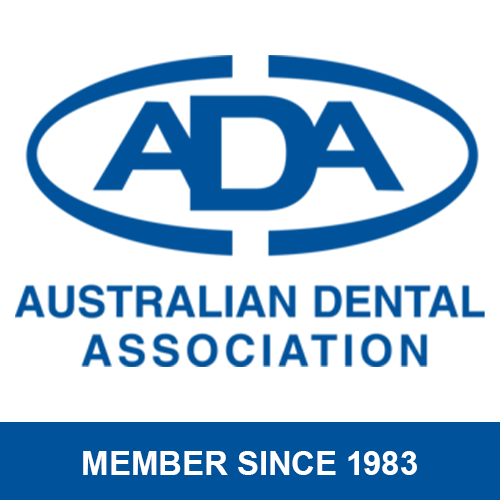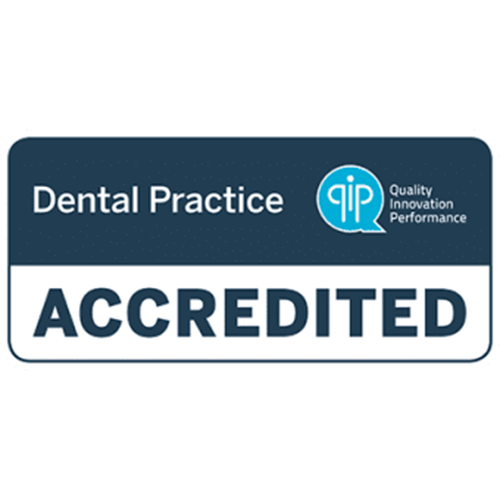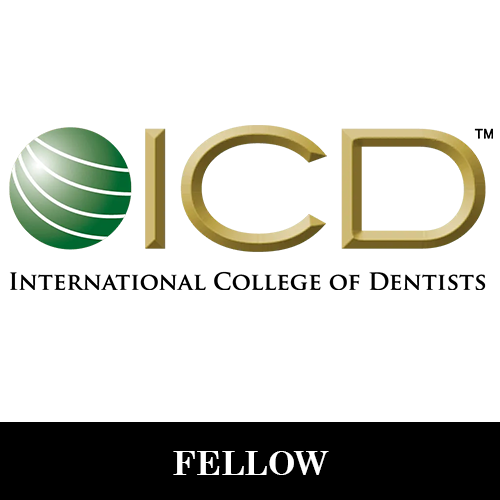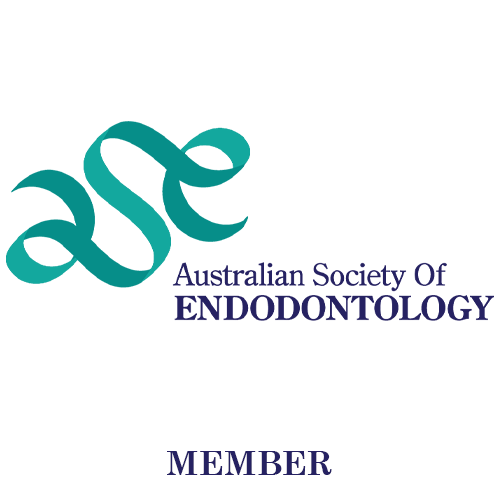Are women especially prone to oral health concerns?
There are many areas where women’s oral health factors may differ from those of men, the obvious ones being related to reproduction.
Puberty, pregnancy and the oral contraceptive pill
Puberty, pregnancy and use of “the pill” all give rise to hormonal fluctuations in women.
Gingival (or gum) tissues in the human mouth have receptors for the female hormone oestrogen. At times when oestrogen levels are high – such as during menstruation, while taking the contraceptive pill or during pregnancy – these receptors become active and mimic gingivitis. In other words, the gums swell, may bleed and may feel itchy – a condition sometimes called pregnancy gingivitis. In pregnant women this condition is usually first seen around the end of the first trimester and may continue throughout the pregnancy.
In general, if you expect to fall pregnant it is best to see your hygienist beforehand so that your teeth are cleaned and the health of your gums is checked in advance, giving you the best possible chance of avoiding pregnancy gingivitis. More regular visits to the hygienist may be required if pregnancy gingivitis develops.
Morning sickness during pregnancy can also have implications for women’s oral health, causing or contributing to dental erosion. Teeth are kept safe from acid wear when the pH level in the mouth is above a certain threshold (ph: 5.4). Any increase in the pH level, such as due to gastric acid from morning sickness, will cause net demineralisation of the teeth. Clinically this is seen as enamel loss, sensitivity and shortening of teeth. Prolonged acid exposure in the mouth can have long-standing effects on the teeth.
Fortunately there are measures that can be adopted and products that can be used to restore a healthy pH in the oral environment and prevent damaging wear on the teeth. These include:
- avoiding further acid damage from citrus fruits, sports drinks, and so on
- using a pH-neutralising mouthwash, such as sodium bicarbonate, after vomiting
- delaying brushing for at least 30 minutes after vomiting.
Menopause
Women who are menopausal may notice changes in the mouth, including dryness, burning sensations in the gums and sometimes altered taste. Some women may be issued oestrogen supplements to help relieve these symptoms, a treatment path that should be discussed with a medical doctor.
Please call us on (02) 4869 3111 to make an appointment so we can discuss your dental needs.
Site Links
Our Services
Locations We Service
Contacts
ABN: 40 525 320 779
Trading Hours
- Monday
- -
- Tuesday
- -
- Wednesday
- -
- Thursday
- -
- Friday
- -
- Saturday
- Closed
- Sunday
- Closed













